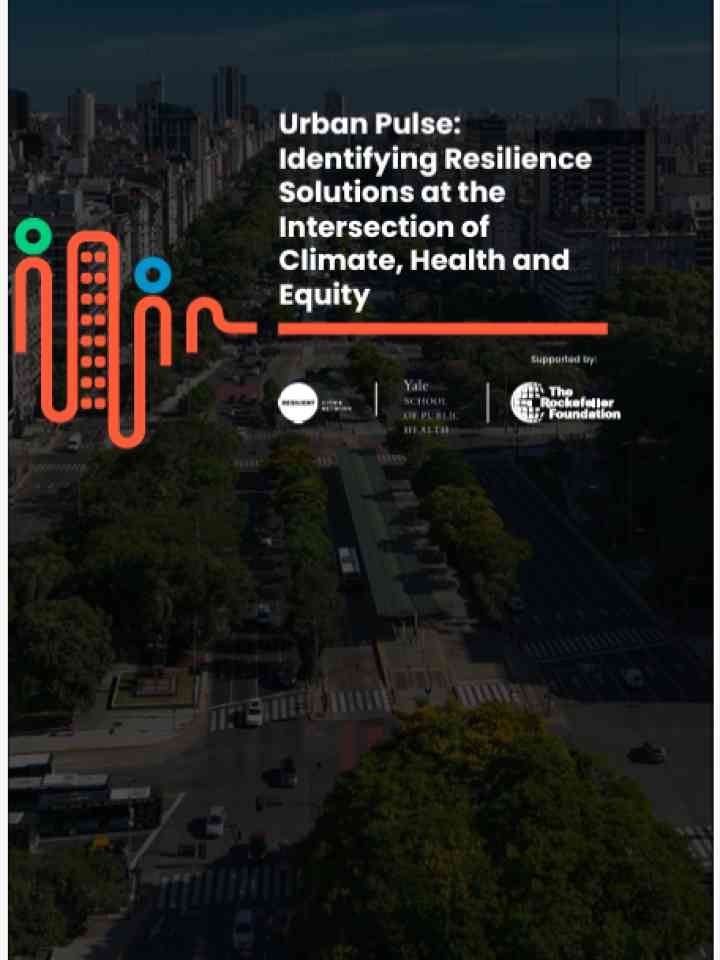Urban pulse: Identifying resilience solutions at the intersection of climate, health and equity
The report provides comprehensive insights on climate and health priorities, challenges and solutions from a global mixed-methods study. With climate change exacerbating health risks—from heat-related illnesses to the spread of vector-borne diseases like dengue—urban areas in particular face increasing challenges. Cities are on the frontline, dealing with these critical issues while tackling inequities that disproportionately impact vulnerable populations, especially in low- and middle-income countries.
Some of the key findings from the report include:
- Two-in-three cities identify extreme heat, flooding, and air pollution of “high concern”.
- 68.8% of cities are worried about rising climate-sensitive infectious diseases.
- Critical municipal systems like water, waste, and public health infrastructure are insufficient, leaving populations vulnerable.
- Cities are highly concerned about the climate impacts on vulnerable groups, including the elderly (78.9%), children (77.8%), informal settlers (65.4%), outdoor workers (57.1%), and migrants (43.0%), with children being a priority.
Explore further
